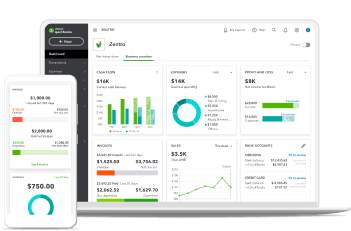Forecasts as a Tool
Financial forecasting is an important tool to help a company make necessary adjustments in spending and focus during the year as the business changes. For example, if a major customer will be reducing or adding to their volume of business with your company, this will have a major impact on operations and cash flow.
Here are a few things to consider when doing forecasts for your company:
Consider using more than one forecast, perhaps three: one that reflects an optimistic outlook, one pessimistic, and one most likely. This allows you to create a financial plan for growth but also to adjust in case some opportunities don’t materialise or happen slower than originally thought.
Update your forecast on a regular basis. Things change, so don’t be caught off-guard.
Involve key members of your team, such as managers from sales and operations. They are often closest to what is really happening. This will provide better information and keep these key managers involved in the process.















